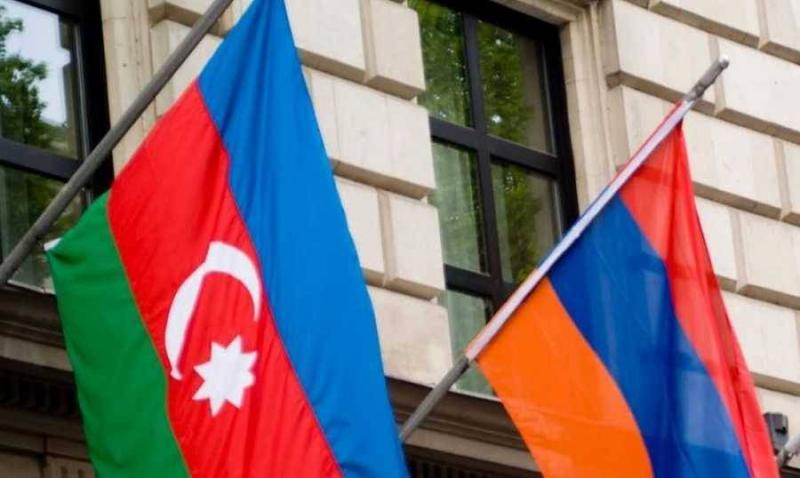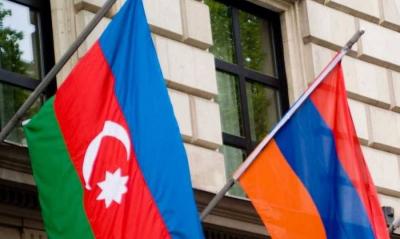Armenian Prime Minister Nikol Pashinyan, in a speech before the United Nations General Assembly on Thursday, accused Azerbaijani forces of committing "unspeakable atrocities," including "mutilation of the bodies" of Armenian soldiers and military personnel during the fighting that took place between the two countries last week. Pashinyan stated, "There is evidence of cases of torture and mutilation of the bodies of Armenian soldiers who were captured or killed in battle, and their bodies were desecrated, along with numerous instances of extrajudicial killings and mistreatment of prisoners of war, in addition to humiliating treatment of corpses."
He added that "Azerbaijani soldiers had mutilated the bodies of Armenian military personnel and then proudly filmed it."
While Pashinyan was delivering his speech, Azerbaijani Foreign Minister Jeyhun Bayramov listened in the hall without any apparent concern.
The Azerbaijani minister is set to deliver his country’s statement to the General Assembly over the weekend.
On September 13, violent border clashes erupted between Armenia and Azerbaijan, resulting in the death of nearly 300 people, marking the fiercest fighting between the two countries since their war in 2020.
Both sides exchanged blame for igniting the hostilities.
In recent days, calm has returned to the border, but the situation remains tense between the two former Soviet republics.
In his address to the General Assembly, the Armenian Prime Minister accused the Azerbaijani army of shelling civilian infrastructure, leading to the displacement of more than 7,600 people from their homes, in violation of "Armenia's sovereignty and territorial integrity."
Armenia and Azerbaijan fought two wars (in the 1990s and in 2020) for control of the disputed Nagorno-Karabakh region.
Six weeks of fighting in 2020 resulted in the deaths of over 6,500 military personnel on both sides and ended with a ceasefire brokered by Russia.
Under the agreement, Armenia ceded territories it had controlled for decades, and Russia deployed about 2,000 soldiers to oversee the fragile ceasefire.




